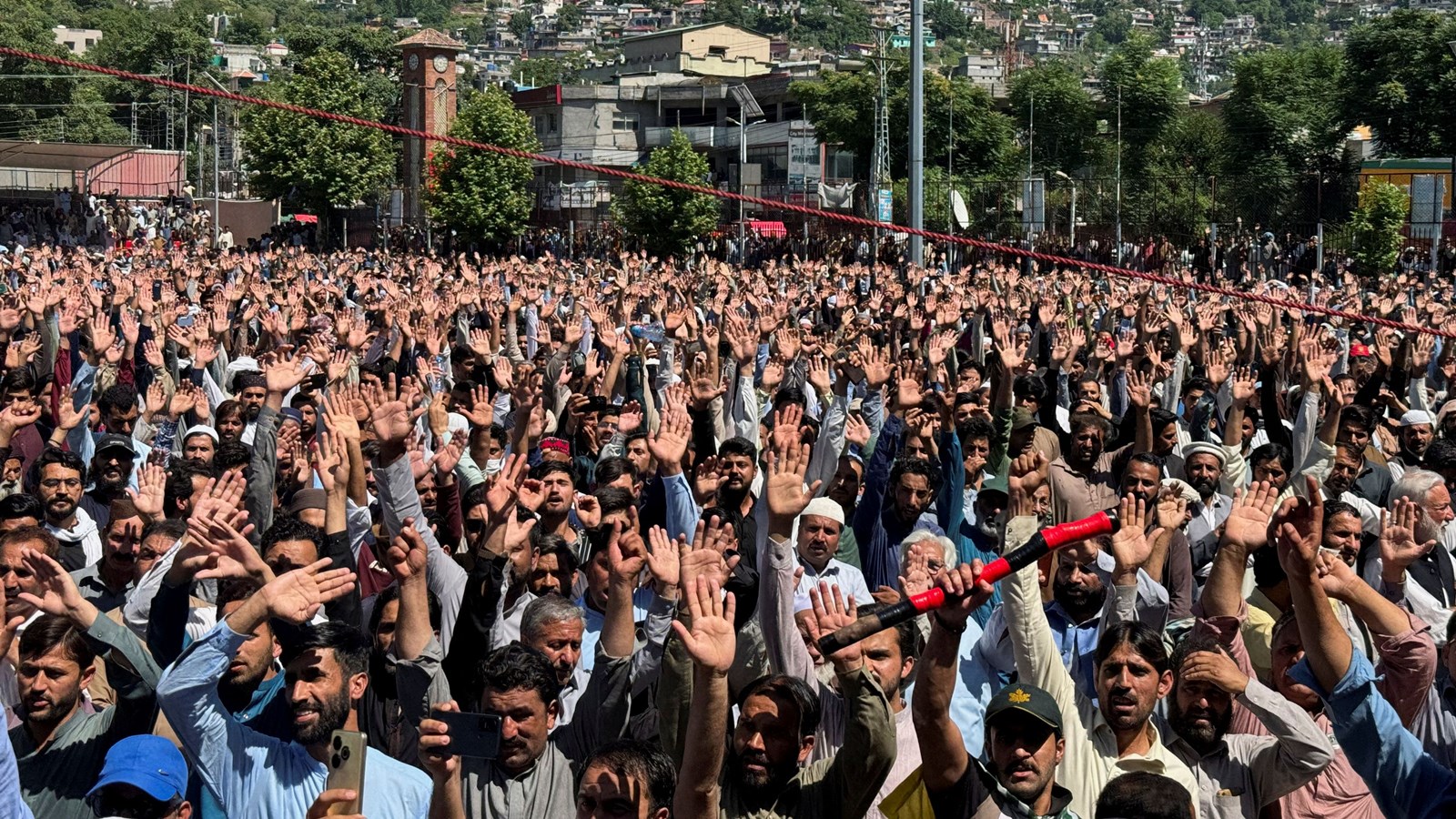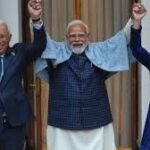Predicting geopolitical events like the potential annexation of P0K is challenging due to the complexity of international relations, historical contexts, and various stakeholders involved. However, we can analyze several factors to understand the situation regarding Pakistan Occupied Kashmir (POK) and its potential occupation by India in the near future.

The Kashmir conflict dates back to the partition of British India in 1947. Both India and Pakistan claim Kashmir in its entirety but control only parts of it. POK refers to the region administered by Pakistan since the Indo-Pak War of 1947-48. India maintains that POK is an integral part of its territory and refers to it as Pakistan-Occupied Kashmir.
India’s stance on Kashmir has remained consistent – it considers the entire region, including POK, as an integral part of its territory. Successive Indian governments have reiterated their commitment to reclaiming POK, viewing it as an illegitimate occupation by Pakistan. Prime Minister Narendra Modi’s government has particularly adopted a more assertive approach regarding Kashmir, as seen in the revocation of Article 370 in August 2019, which stripped Jammu and Kashmir of its special status.
POK holds significant geostrategic importance for both India and Pakistan. For India, controlling POK would mean securing a vital land link with Afghanistan and beyond, which is currently disrupted due to Pakistan’s control of the region. It would also strengthen India’s position against China in the context of the China-Pakistan Economic Corridor (CPEC), which passes through POK. Additionally, gaining control over POK would enable India to assert itself more forcefully in regional geopolitics.
Any potential move by India to occupy POK would undoubtedly have far-reaching implications for regional stability and international relations. The issue of Kashmir is already a contentious one on the global stage, with both India and Pakistan garnering diplomatic support from various countries. Any escalation in the conflict could draw the attention of major powers, including the United States, China, and Russia, each with its own strategic interests in the region.
Domestic politics within India and Pakistan also play a crucial role in shaping the dynamics of the Kashmir conflict. In India, any decision regarding POK would be influenced by factors such as public opinion, political considerations, and security concerns. Similarly, in Pakistan, the military’s influence and its perception of national security interests would heavily influence its response to any Indian move regarding POK.
The possibility of India occupying POK raises the specter of a potential military confrontation between India and Pakistan, both nuclear-armed nations. Any unilateral action by India to change the status quo in Kashmir could lead to a dangerous escalation, with the risk of triggering a full-blown conflict. The Line of Control (LoC) between India and Pakistan in Kashmir remains one of the most heavily militarized borders globally, underscoring the volatility of the situation.
Efforts to resolve the Kashmir conflict through diplomatic means have seen limited success over the years. Various bilateral and multilateral initiatives, including Track-II dialogues and interventions by third-party mediators, have failed to yield a lasting solution. The entrenched positions of India and Pakistan, coupled with deep-rooted historical grievances, have hindered any meaningful progress towards a resolution.
While the possibility of India occupying POK cannot be entirely ruled out, it remains a highly contentious and complex issue with significant implications. Any such move would have profound consequences for regional stability, international relations, and the lives of millions of people living in the region. Given the deeply entrenched positions of both India and Pakistan, a peaceful resolution to the Kashmir conflict remains elusive, making the prospect of a near-term occupation of POK by India uncertain and fraught with risks. As such, the focus should remain on finding diplomatic avenues for dialogue and reconciliation to address the underlying grievances and aspirations of the people of Kashmir while ensuring peace and stability in the region.





Leave a Reply